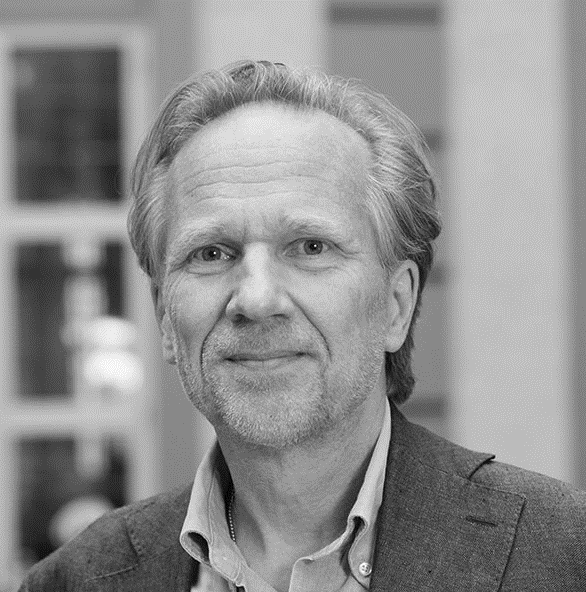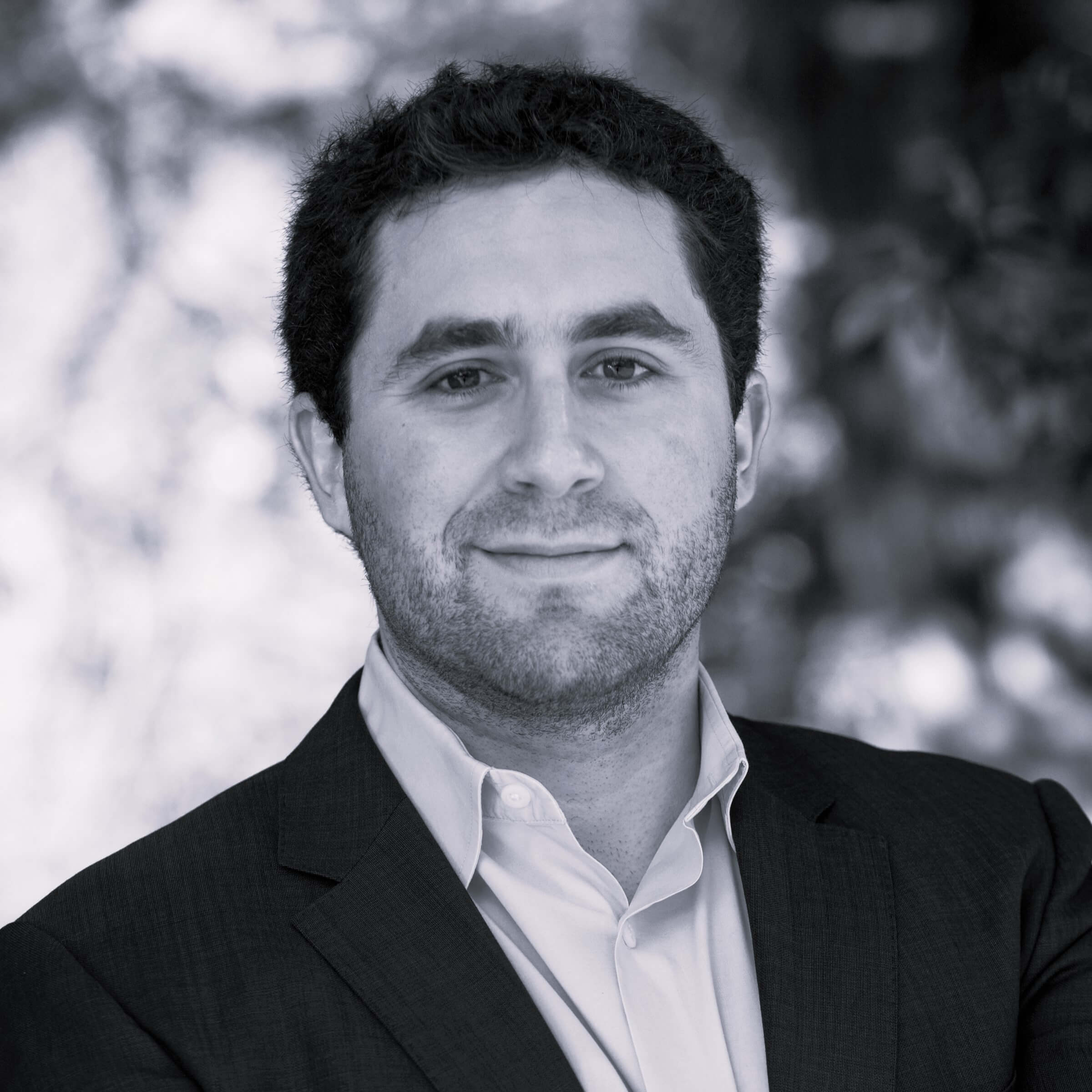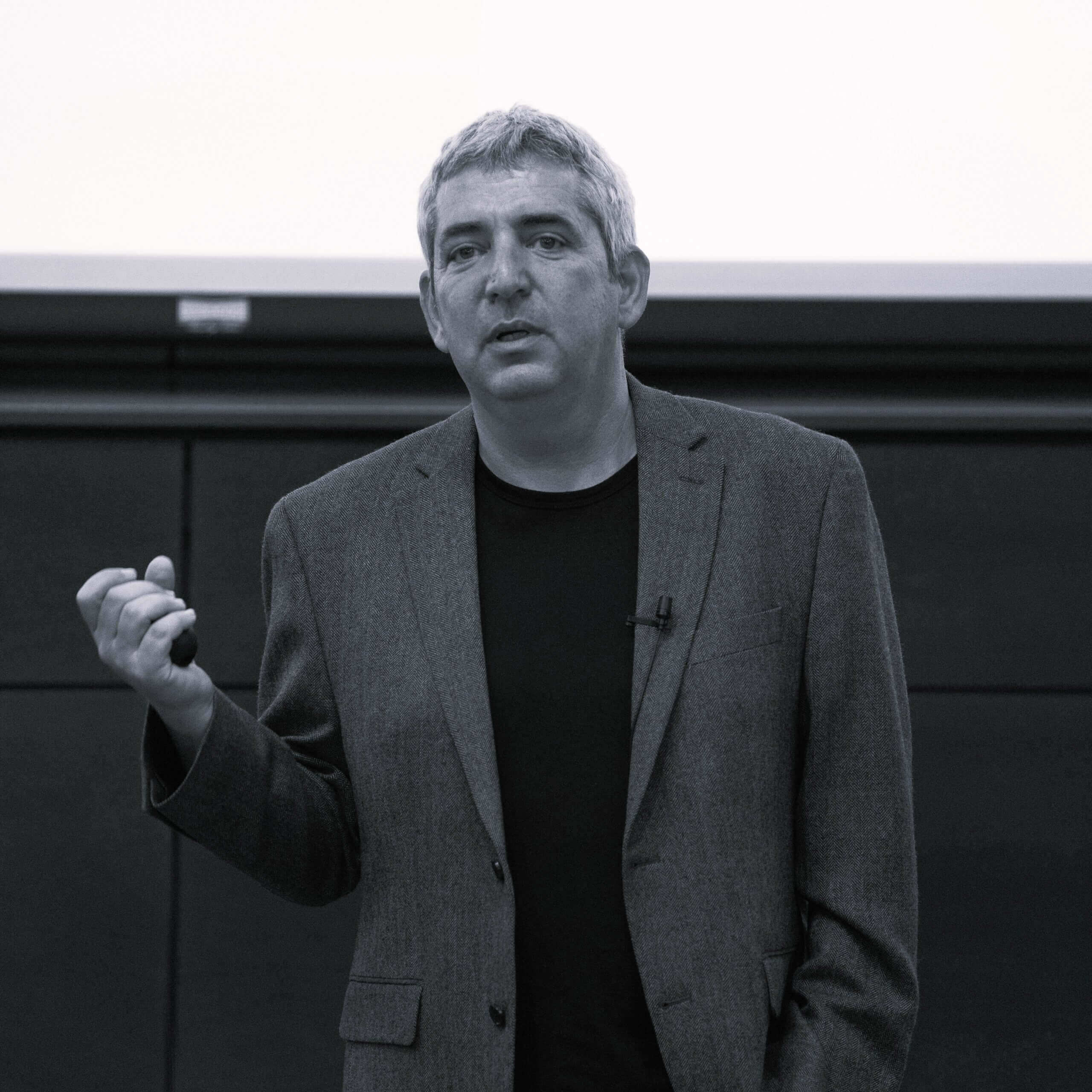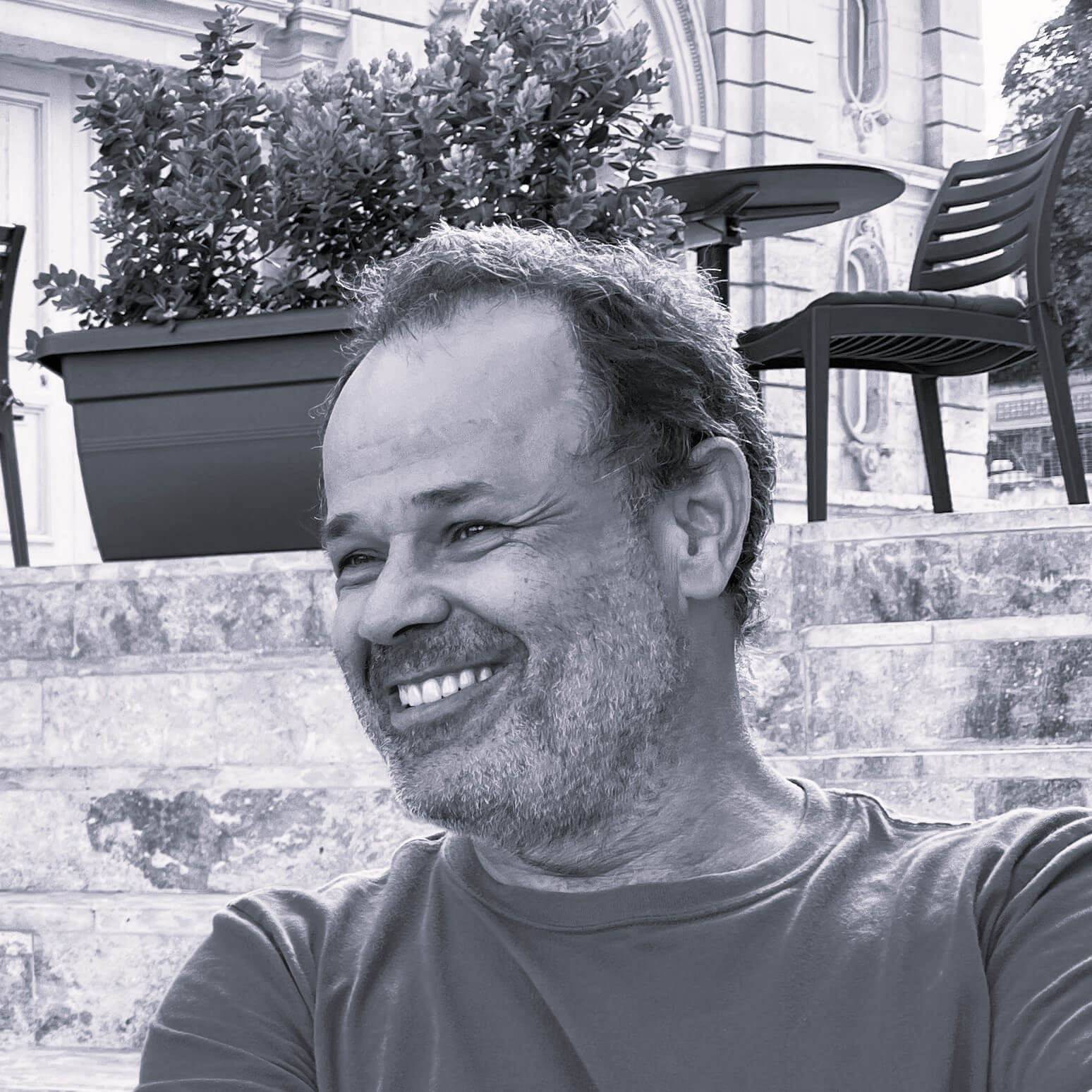OUR GAME THEORY PODCAST
In Game Changer, the podcast by TWS Partners, we want to share our enthusiasm and passion for game theory and its applications. Guests from industry and academia discuss the power of game theory in their profession and how they use it to make a difference. Along the way we strive to offer fun anecdotes, useful facts and valuable insights. Hear us out and find out that game theory is much more than a topic for ivory tower discussions.
PLAYING FOR A BETTER SOCIETY: GAME THEORY AND CIVIC RESPONSIBILITY | WITH TORE ELLINGSEN

In this episode, we delve into the complex world of fostering civic responsibility. Our guest Tore Ellingsen explains how the interplay of regulation, personal sacrifice, and culture can build socially responsible societies or organisations. The conversation is rooted in the perspectives offered in Tore’s recent book, “Institutional and Organizational Economics: A Behavioral Game Theory Introduction,” where he uses insights from behavioural game theory, psychology, and sociology to understand the dynamics of human interactions in groups.
Tore Ellingsen is Professor of Economics at the Stockholm School of Economics, holding the Ragnar Söderberg Chair in Economics. His research interests span institutional, organisational, and behavioural economics, focusing on understanding the factors that contribute to the success or failure of human groups. Through his work, Tore seeks to answer pivotal questions regarding human cooperation and organisational effectiveness, providing valuable insights for both academia and real-world applications. For more information on Tore’s current research, you can check out his homepage.

TO CLICK OR NOT TO CLICK: CAN WE TRUST SPONSORED SEARCH RESULTS? | WITH MAARTEN JANSSEN

In this episode, our guest Maarten Janssen helps us to explore the field of consumer (online) search. We discuss why economists are particularly interested in this topic and explore the reliability and dynamics of sponsored search results, uncovering the nuances and implications of these prevalent online phenomena. The insights from Maarten’s research (which he conducted together with Thomas Jungbauer, Marcel Preuss and Cole Williams on one paper and with Eeva Mauring on another paper) shed light on the complex interplay between consumer behavior, search algorithms, and market dynamics.
Maarten Janssen is Professor of Microeconomics at the University of Vienna. In addition to his role at the University, he is a fellow of the Centre for Economic Policy Research, a member of the Royal Holland Society of Sciences and Humanities, a research associate at the Centre for European Economic Research (ZEW), and an academic affiliate at CEG Europe. Apart from consumer search, his research focusses on auctions and markets with asymmetric information. For more information about Maarten’s work and to read his papers, visit his homepage here and check out his paper on sponsored search positions.

DISCOURAGING CONSUMPTION OF SIN GOODS – TAXES VERSUS NUDGES | WITH DMITRY TAUBINSKY

In this episode, we explore with Dmitry Taubinsky economic approaches on regulating sin goods such as alcohol or sugary beverages. We discuss the classical approach of taxation and Dmitry compares the approach to nudging approaches. Our discussion leads us into many further economic details: From externalities and internalities, over the question who bears the tax burden to the price elasticity of demand. Dmitry explains to us, why these effects are relevant, how they relate to each other and how they also affect the optimal taxation.
Dmitry Taubinsky is an associate professor of economics at UC Berkeley and a research associate at the NBER. His research interests include Behavioral Economics and Public Economics with a special focus on the intersection of both fields using a combination of theory, experiments, and surveys as methods for the analysis of his research questions. His papers referenced in the podcast on sin taxes and nudging can be found here and here.

HIDDEN GAMES: EXPLORING THE RATIONALITY OF IRRATIONAL CHOICES | WITH MOSHE HOFFMAN

In this episode, we explore the often misunderstood relationship between game theory and human behaviour. Our guest Moshe Hoffman challenges the conventional belief that game theory only applies to rational actors. As Moshe explains in his book “Hidden games” (co-authored with Erez Yoeli), even seemingly irrational behaviours and preferences can be explained through game theory. We dive into the concept of ‘hidden games’ and their influence on our daily actions and decisions, revealing the subtle complexities of human social behaviour.
Moshe Hoffman is a lecturer at Harvard’s Department of Economics and at Boston College as well as an independent scholar. His interdisciplinary research bridges game theory, models of learning and evolution, and experimental methods to unravel the underpinnings of social behaviour, preferences, and ideologies. For more information on Moshe Hoffman and his work, you can visit his homepage.

AVOID SENDING MIXED SIGNALS! – SIGNALLING IN NEGOTIATIONS AND BEYOND | WITH URI GNEEZY

In this episode we are talking to Uri Gneezy about his latest book publication “Mixed Signals – How Incentives Really Work”. He explains to us what mixed signals are and makes us aware that we encounter them far more frequently than one would expect. We deep dive into the topic in the context of negotiations where signaling plays a major role. Uri walks us through the different effects that are at play when the opening offer in a negotiation is communicated to the other party and makes clear why it should neither be too high nor too low.
Uri Gneezy holds the Epstein/Atkinson Endowed Chair in Behavioral Economics at the University of California, San Diego’s Rady School of Management. His research interests are at the intersection of economic theory and application and include topics such as incentives-based interventions to increase good habits and decrease bad ones, Pay-What-You-Want pricing, and the detrimental effects of small and large incentives. In addition to this he is author of the books “The Why Axis: Hidden Motives and the Undiscovered Economics of Everyday Life” and “Mixed Signals – How Incentives Really Work” which was published in 2023.

THE ECONOMIST’S BRAIN: TRACING CHOICES WITH NEUROECONOMIC INSIGHTS | WITH JUAN D. CARRILLO

In this episode, we explore together with our guest Juan D. Carrillo the confluence of economics and neuroscience in understanding human decision-making processes. We delve into how the combination of these two disciplines can illuminate the biological basis of decision making, with a particular focus on complex scenarios like multi-task decision making, self-control, and impulsivity. Juan shares insights from his papers, discussing the innovative approach of neuroeconomic theory and its real-world applications.
Juan D. Carrillo is a Professor of Economics at the University of Southern California and a Research Fellow in the Industrial Organization and Public Policy programs at the Center for Economic Policy Research (CEPR). His research spans Neuroeconomic Theory and Experimental Economics, blending insights from neuroscience and economics to understand decision-making processes. Additionally, Juan co-directs the Los Angeles Behavioral Economics Laboratory (LABEL), focusing on experimental research in economic decision-making and strategic interactions.
You can find out more about his research on his homepage and read the papers that are discussed in this episode here and here.

FEEDING AMERICA – ALLOCATING FOOD TO FOOD BANKS WITH INNOVATIVE MARKET MECHANISMS | WITH CANICE PRENDERGAST

In this episode, we discuss with Canice Prendergast how market design mechanisms can be applied in social services. Canice shares how he collaborated with Feeding America on optimally allocating about 300 million pounds of food per year to hundreds of food banks across the United States. They were developing a market-based allocation mechanism introducing an internal currency to bid for available food on a daily basis. Canice shares the process itself as well as many anecdotes on its development and introduction.
Canice Prendergast is W. Allen Wallis Distinguished Service Professor at the University of Chicago Booth School of Business. He is an economist specialising in economic theory, labour economics, and organizational behaviour.

DOES OPAQUE AI LEAD TO A CATASTROPHE? – A GAME THEORIST’S VIEW | WITH JEFFREY ELY

In this episode, we discuss with Jeff Ely a topic that has gotten significant public attention last year with the introduction of Chat GPT and similar programmes: The role of AI. Jeff shares his research with Balazs Szentes on a natural selection model on AI. They set up a model to study the AI control problem in the context of decentralized economic production. The study illustrates the importance of AI transparency as already deviating from ‘perfect transparency’ leads to catastrophic consequences. In our discussion he shares all details of the model, and we also discuss potential consequences for future development of AI technology.
Jeff Ely is the Charles E. and Emma H. Morrison Professor of Economics at Northwestern University. With interests ranging from pure game theory to behavioral economics, Jeff has made significant contributions to various facets of economics, including mechanism design and the evolution of preferences. You can find the paper titled “Natural Selection of Artificial Intelligence”, which he wrote together with Balazs Szentes, here.

SPLIT OR STEAL? EXPERIMENTS ON LIES AND SELF-DECEPTION | WITH MARTA SERRA-GARCIA

In this episode, we explore with Marta Serra-Garcia the paradoxes of human behavior in the realms of self-deception and lie detection. Marta’s research, rooted in behavioral and experimental economics, questions why lying persists in a society that values morality. We delve into her experiments that examine how people reconcile their self-image with material interests, the timing of incentive information in ethical decision-making, and the effectiveness of algorithms in detecting deception.
Marta Serra-Garcia is an Associate Professor of Economics and Strategy at the UC San Diego Rady School of Management. Specializing in behavioral and experimental economics, her acclaimed work focuses on the dynamics of ethical decision-making and its influence on behaviors like lying and charitable giving. A prolific researcher, Marta’s work has been published in esteemed journals, earning her a place among the 2020 Best 40 under 40 MBA Professors.
You can find her paper on self-deception here and her paper on lie detection here.

FORTUNE’S FAIRNESS: THE SUPER-RICH’S VIEW ON INEQUALITY | WITH ALAIN COHN

In this episode, our guest Alain Cohn helps us to understand the complex relationship between wealth and perceptions of fairness in society. We explore his innovative research methodology, which move beyond traditional surveys to more accurately reflect the nuances of economic behaviors. The conversation also highlights the differences in attitudes towards inequality among the wealthy, particularly contrasting those with inherited wealth and the newly affluent. Through Alain’s studies, we gain a deeper understanding of the dynamics at play between wealth, fairness, and policy influence in today’s society.
Alain Cohn is Associate Professor at the University of Michigan School of Information, focused on the social and psychological determinants of economic behaviors. His work has significantly contributed to our understanding of honesty, financial risk-taking, and the impact of wealth on fairness perceptions and redistribution policies.
In the episode, we also briefly mention the ultimatum game and the dictator’s game. If you want to find out more about these games, you can also check out our episode on first offers in bargaining with Lionel Page.

